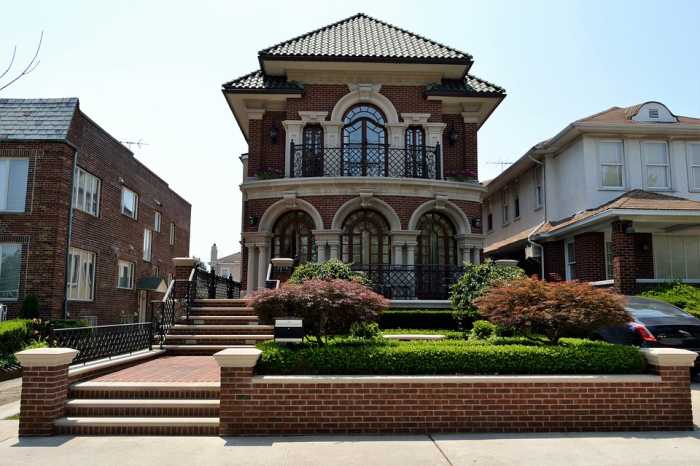According to the latest Multi-Family Foundation Plan Application Report conducted by the Real Estate Board of New York, the city is on pace to produce just 10,000 new units this year. This would be well short of the 50,000 unit target set by Mayor Eric Adams and housing experts by the end of 2023.
The report provides an analysis of the residential foundation filings submitted to the NYC Department of Buildings from June-August of this year. These filings are good indicators for new units entering development because foundation work is usually among the first types of work for a construction project. An application for a foundation permit therefore indicates a project is likely to begin construction. After finding just 76 total application filings from March-May, the Real Estate Board of New York saw the same amount for June-August. This includes 14 in August, marking the lowest monthly total since July 2022.
The report also showed that filings for large buildings was stagnating. From June-August, there were no more than four filings each month for buildings with at least 100 residential dwelling units. With 1,360 proposed units in the projects over this span, this accounted for more than 57% of proposed units. While these buildings represent a small amount of the number of filings, they play a large role when it comes to the total production of housing units.
With less than 10,000 units produced so far this year, New York City is already well behind its goal of creating 500,000 new units by the end of 2032, as 50,000 new units are required each year in order to achieve that goal. According to an NYU Furman Center report and a City Planning report, approximately 200,000 units were built in New York City during the 2000s and 2010s, equating to roughly 20,000 units per year.
“As we spiral deeper into this housing crisis, legislators continue to engage in the great failed experiment: what happens when you remove all incentives to create new rental housing?,” REBNY Senior Vice President of Policy Zachary Steinberg said. “This report continues to show that the current approach to this problem is not working. Policymakers must quickly correct course before this gets worse.”
Open-sourced data from NYC Open Data was used by the Real Estate Board of New York to analyze foundation permit filings within the given time period. Minor differences to permit totals reported in prior months may result from changes to how work types are coded or changes to filing dates. While this is rare, it could lead to data discrepancies between the Real Estate Board of New York’s Foundation Permit Reports.
Founded in 1896, the Real Estate Board of New York is the City’s leading real estate trade association. It represents commercial, residential and institutional property owners, builders, managers, investors, brokers, salespeople and many more people and organizations. The Real Estate Board of New York conducts research on various civic matters, including tax policy, city planning and zoning, rental conditions, land use policy, building codes and other city, state and federal legislation.
Market data, policy reports and broker surveys are published by them on a regular basis. Members of the Real Estate Board of New York are provided with informational, technical and technological resources; networking and charitable service opportunities; qualifying and continuing education courses; professional education programs, seminars and designations; career-changing awards; legal advice and a wide range of additional benefits. For more information, visit www.rebny.com.




































